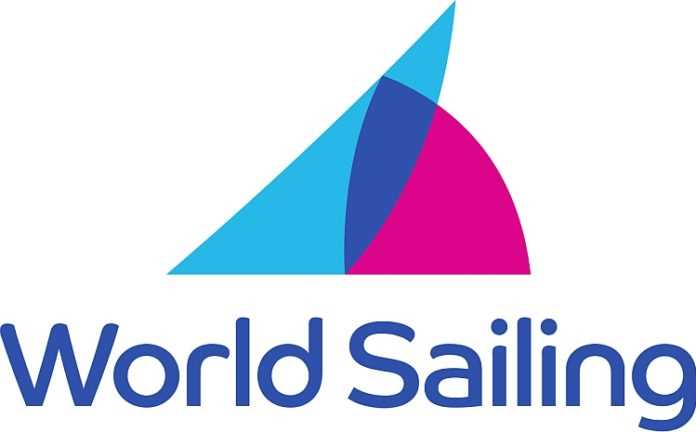The best summary of a wild day of rumors and reporting on Tuesday about whether the Calgary bid for the 2026 Olympic Winter Games would continue came from the Canadian Press:
“A Calgary bid for the 2026 Winter Olympic and Paralympic Games appears virtually dead unless a financial rabbit is pulled out of a hat.”
The facts are that negotiations between the city and the Canadian federal government have been unable – as of the close-of-business on Monday – to bridge a funding gap of about C$440 million in today’s (Canadian) dollars (C$1 = $0.76 U.S.).
Given this and the coming city-wide referendum on the bid scheduled for 13 November, the head of the City Council’s Olympic assessment committee, Evan Woolley, sent a recommendation to the full Council to vote on Wednesday to “rescind the authorization provided to the City Manager on 2018 September 11 to negotiate cost-sharing arrangements to host the 2026 OPWG; and … cancel the vote of the electors scheduled to be held on 2018 November 13.”
The City Council is scheduled to vote on the matter on Wednesday. Woolley said Tuesday, “We do not have acceptable agreements in place with the other orders of government. The clock has run out. I think it’s time we move on.”
It’s possible that a last-second agreement could come through, but more likely that the City Council will kill the bid. So exactly what are the numbers here:
∙ The Calgary 2026 Bid Corporation produced a detailed Draft Hosting Plan Concept in September that projected a total cost of the Olympic Winter and Paralympic Games at C$5.461 billion, including a healthy contingency.
∙ The organizing committee costs were projected at C$2.155 billion for the Winter Games and C$296 million for the Winter Paralympic Games, for a “private-sector” total of C$2.451 billion, to be covered by funding from the International Olympic Committee, sponsorships, ticket sales and related revenues from the Games.
∙ The remainder, including the building of a new community arena, a new fieldhouse and an Olympic Village with 1,200 beds that would yield 240 affordable housing units after the Games, security and other government services, was projected at C$3.010 billion.
The organizing committee projection did not raise too many eyebrows and seems achievable. The governmental situation is where the problems came in, but which tell us a lot about the value of the Games to Canada and Calgary:
∙ Although the Hosting Plan did not specify who was to pay what, it became clear that C$1.5 billion in 2018 dollars was expected from the Canadian federal government. Ottawa indicated it is willing to provide, but only on a matching basis with funds from the Province of Alberta and the City of Calgary. This 50% approach has been a long-standing policy for federal support of events with national impact.
∙ The expectation for the Province of Alberta was for C$1.0 billion. But Alberta, for its part, said it would provide C$700 million and no more, and would take no responsibility for any cost overruns about that figure. That left a hole of C$300 million, potentially to be made up by the City of Calgary.
∙ Based on the projections for the federal and provincial contributions, Calgary itself would be responsible for about C$500 million. If it had to make up for the shortfall from Alberta, the total would rise to C$800 million, and Calgary Mayor Naheed Nenshi said that having the city pay more than the province was “not a good deal.”
However, the Calgary Herald reported last Saturday that “An email sent with Nenshi’s letter [to Canadian Prime Minister Justin Trudeau] from [Alberta] Premier Rachel Notley’s chief of staff, Nathan Rotman, indicated — for the first time — Calgary’s contribution to the $3-billion bid would be $370 million.”
So now we know where the shortfalls are: the three levels of government proposed a total of C$2.570 billion in support against a projected need of C$3.010, with a gap of C$440 million.
That gap will be what kills the Calgary bid, unless someone ponies up on Wednesday. But it shows that the national, provincial and city governments are ready to invest C$2.570 billion (or $1.959 billion U.S.) in the 2026 Olympic Winter and Winter Paralympic Games.
That’s a real number and highly informative. It demonstrates that there are benefits to the 2026 Games on the order of C$2.6 billion in government investment (and C$4.8 billion with the private-sector funds added in). It shows that the Games can be used to drive activity in sectors where it usually takes decades to make decisions, such as the building of affordable housing, a new community arena and a multi-purpose fieldhouse, among other things.
Calgary may exit the 2026 race on Wednesday. But it must be thanked for having a very detailed, public debate that tells the world what value a G-7 country places on an Olympic Winter Games.
Rich Perelman
Editor

























